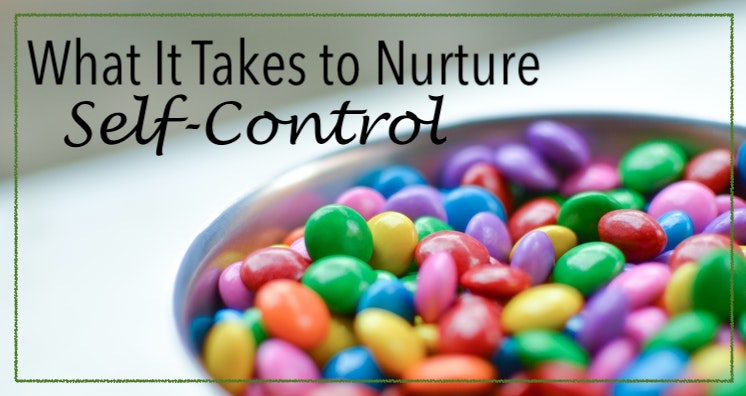
Self-Control. It is an incredibly important and powerful trait, with a very big job description. It is responsible for keeping your temper in check, it’s in charge of holding your tongue, it is required to prevent you from eating all of the Christmas cookies at once, and it must be ever vigilant in the face of every other temptation and irritation.
Along with its close associate Self-Discipline (responsible for consistent bedtimes, regular trips to the gym, and the maintenance of all other positive habits), Self-Control is a very busy, very important virtue and personal trait. Yet it is an incredibly challenging one to master.
You have probably heard it said many times, “You cannot control the situation, but you can control your reaction to the situation.” While this mantra is quite true, it is very dependent on Self-Control. As manager of the Reaction department, Self-Control is primarily responsible for exactly that: your reaction to the situation.
So how do you nurture good Self-Control? How do you ensure it’s ready to respond appropriately in tempting, frustrating, stressful, uncomfortable, or even infuriating situations?
This brings us back to that other crucial trait, Self-Discipline. As it turns out, Self-Control and Self-Discipline are very closely linked and are quite dependent on each other. The role of Self-Discipline, responsible for healthy habits, has a substantial impact on the performance of Self-Control.
Basically, Self-Control is all about controlling urges and making sound decisions, and those functions fall under the direct supervision of the big boss: the Brain. And we all know (even if we don’t always heed it) that the Brain functions best when the body it bosses around gets good sleep, nutrition, and exercise. And which trait manages those healthy habits? You got it: Self-Discipline.
So long story short, to have better Self-Control, we first need to develop Self-Discipline. And that… is a topic we’ll look at next week. Stay tuned!


